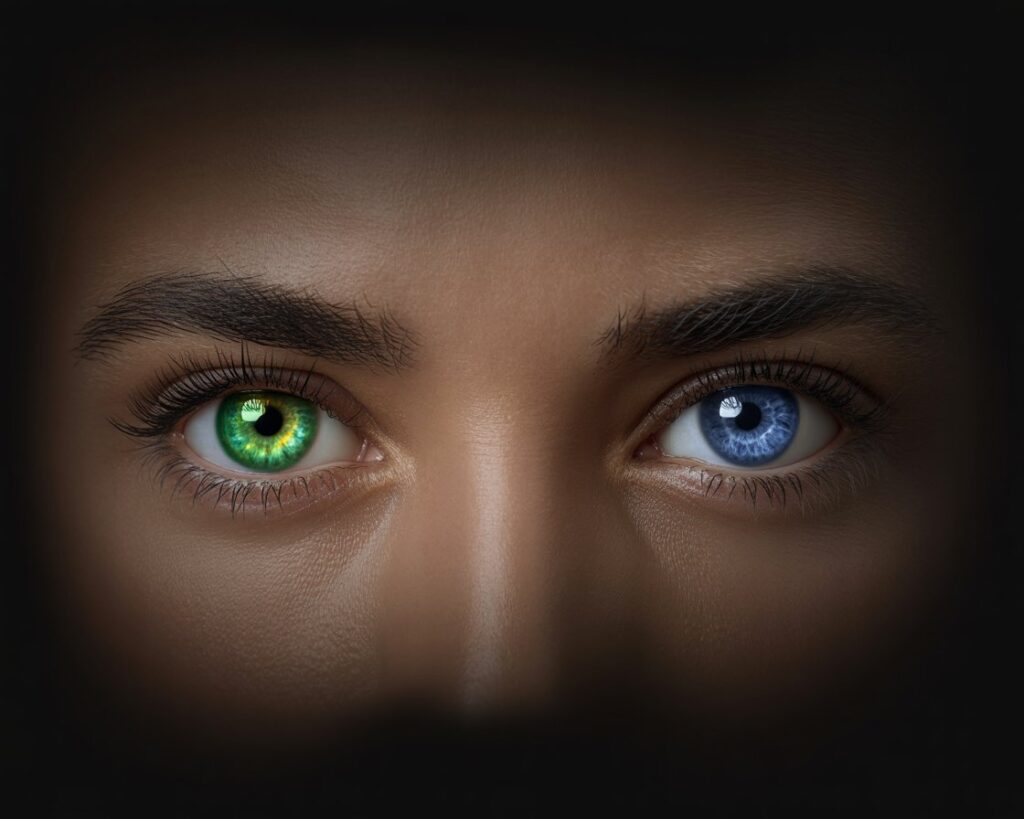
You don’t notice it at first. That text on your phone starts to blur a little more often. You blink. Rub your eyes. Blame the lighting. You squint harder at your laptop during a late-night Netflix binge. No big deal, right? Wrong. That’s exactly how vision loss starts to creep into your life—quietly, subtly, like a thief slipping through an unlocked window.
Better Eyesight with this “Chinese Trick” (Try it Now)
People think vision loss comes all at once. Like you wake up one day and everything goes black. But real life is way messier than that. I remember my friend Carly—she’s 35, works in marketing, never wore glasses in her life. One day she joked about having to increase the font size on her phone. Next thing she knows, she’s missing stop signs while driving. Turns out she had early signs of macular degeneration, and she’d been brushing it off as “eye fatigue.” That’s the danger. We normalize what we don’t want to face.
Let me be blunt: if you’re experiencing weird changes in your vision—even just slight ones—don’t ignore them. Vision loss doesn’t send a formal invitation. It starts with things like colors looking less vivid, trouble adjusting to dim light, or ghosting around bright lights. You’ll probably think, “I’m just tired” or “It’s the screen time.” But that’s denial talking, not logic.
One of the biggest warning signs people blow off? Losing your peripheral vision. If you keep bumping into things or missing objects just outside your direct line of sight, that could be early-stage glaucoma. Not dramatic, not flashy, but deadly quiet. And once that damage is done, it’s done. You don’t get a redo with your optic nerve.
Or how about blurry vision that comes and goes? That’s not always dry eyes or allergies. It can be a symptom of diabetic retinopathy or early cataracts. And guess what—by the time you feel real pain or blindness kicks in, you’ve already crossed the danger zone. That’s the cold, harsh truth most people don’t want to face.
Then there’s the weird stuff that doesn’t even sound like eye issues. Headaches. Dizziness. Double vision. You start bumping into coffee tables more often or having trouble reading street signs you used to spot effortlessly. Our brains are sneaky—they compensate until they can’t anymore. And by the time you notice something’s really wrong, it might be too damn late.
And don’t get me started on floaters. Everyone shrugs them off—those tiny black specks or squiggly lines that drift across your vision. Sure, they can be harmless. But a sudden increase? That’s a red flag. Could mean a retinal detachment, and if you don’t sprint to an eye doctor, you could lose your sight completely. Yeah, it’s that serious.
We live in a world that glorifies grind culture and staring at screens 12 hours a day like it’s a badge of honor. Meanwhile, we’re silently trashing our eyesight. No breaks. No concern. No awareness. Just more blue light, more stress, more ignorance. And honestly? It’s terrifying how many people don’t even know when they last had a real eye exam.
Here’s what I want you to take from this: if something feels off, don’t push it down the to-do list. That slightly off-center blur, that tension behind your eyes, that one lamp that just seems too dim—it’s all whispering to you. Vision loss doesn’t come with a siren. It comes with a whisper. And you’ve got to listen.
You’ve got one pair of eyes. One shot at protecting your sight. Ignoring the early signs of vision loss is like driving with your gas light on and hoping your car makes it. Spoiler: it won’t. And neither will your eyesight if you don’t respect the warning signs it gives you.
So do me a favor—actually, do yourself one. Book an eye exam. Pay attention to the small stuff. Because if you wait until it’s big, you might already be staring into the dark.


